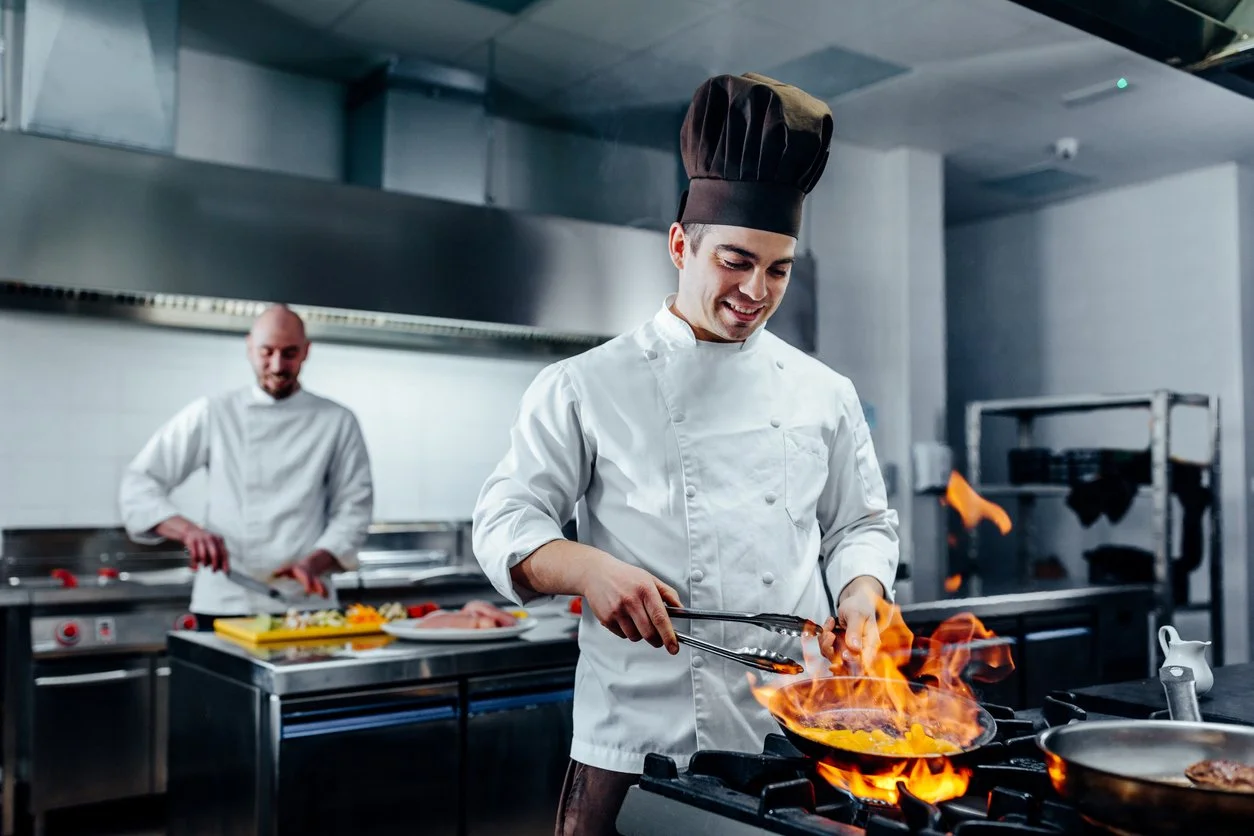Restaurant Energy Consumption: How to Decrease Costs with High-Energy Appliances
Restaurant Energy Consumption
It may come as no surprise, but efficient appliances save money and money saved is money made.For full-service restaurants, energy costs are of major concern. Using commercial appliances to prepare food is not nearly as low cost as popping two slices of bread in a household toaster.In fact, according to the United States EPA, “Most commercial kitchen appliances are energy intensive…a typical deep fat fryer uses more than 18,000 kilowatt-hours (kWh) of energy per year..”At that rate, electric costs for just the fryer could total a whopping $1700. Of course, this is for one appliance. It’s pretty safe to assume several other large appliances will be in use and adding significantly to the running total.
Cut Idle Time, Cut Costs
While food preparation appliances do take a large amount of energy to run, they are necessary for the preparation of the finished dishes that will be sold and, thus, are needed in restaurants to gain profits.
We can agree that certain appliances demand generous amounts of energy to operate.So, deciding when these should be running is essential in developing efficient usage strategies. Determining shut on/shut off schedules for appliances is an excellent start to running a more efficient restaurant, but ensuring proper functionality during operating times is also critical.Reduce wasted energy by keeping appliances in the best (and most efficient) condition by making sure they are:Sealed – Ensure that all doors to walk-in coolers, freezers, ovens, and other appliances seal completely when closed. Any heat/cold escaping puts additional stress on the appliances, ultimately leading to a higher power bill.Scrubbed – Scrub any messes, spills, and residue immediately. Practice regular cleaning routines, allowing air to flow and circulate as needed to control temperature. Restaurants should “regularly defrost manual-defrost freezers and refrigerators [because] frost buildup decreases the energy efficiency of the unit”, according to the Department of Energy.Maintained – Monitor and record temperatures, power cycles, cleaning schedules, and any maintenance performed to promptly identify any malfunctions and correct before losses snowball.
Consult for Certainty
There are many steps restaurant owners and operators can take to optimize efficiency and maintain low energy costs, but seeking out an energy consulting company is the best way to be certain energy costs are fueling profits, not sinking them.At GWT2Energy, we offer a range of services, like creating an energy management plan to help you maximize energy efficiency.Want to see how we can help your restaurant save on energy costs? Contact us today to get started.

